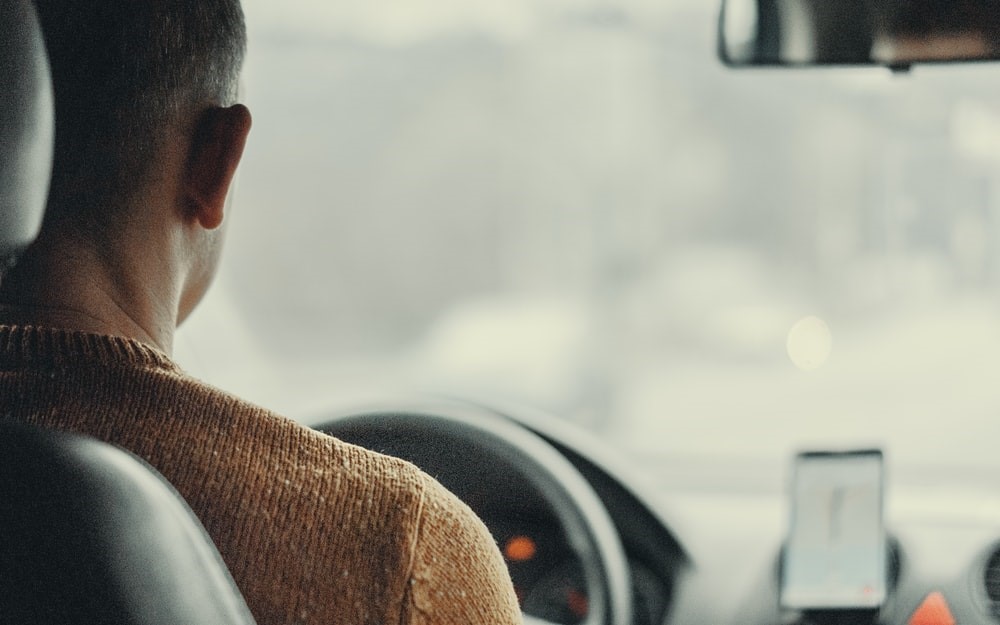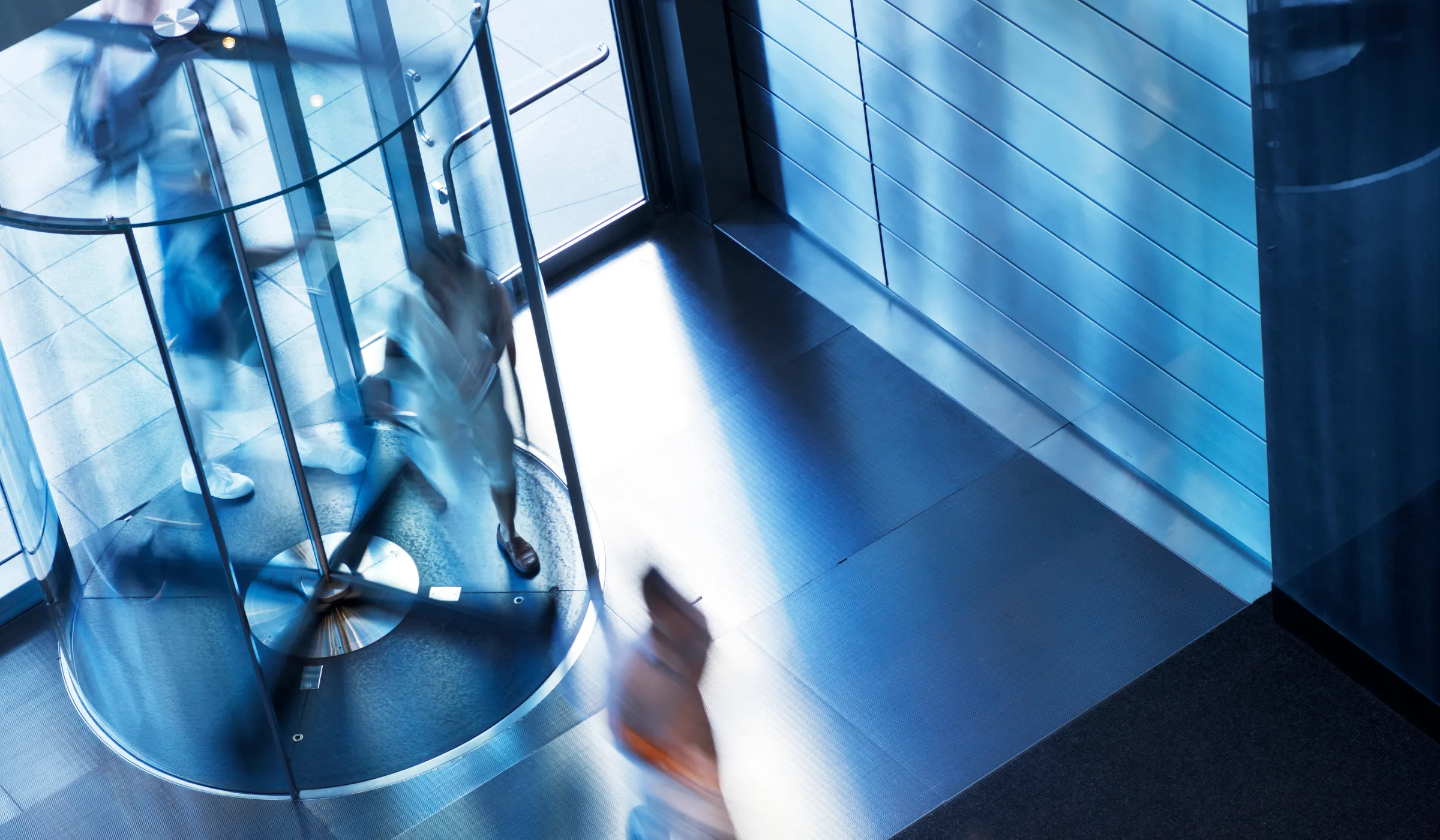
20 January 2026
As safeguarding expectations continue to rise across education, care and personal employment, access to appropriate […]
Read more01443 799 900
Over the last year or so, there has been a lot of news coverage of safeguarding practices and whether taxis and Ubers are safe to use. In fact, in early 2019, the UK government announced it was considering changing the law regarding screening of taxi and private hire vehicle drivers due to a number of high-profile cases.
Therefore, we decided to delve into our own data to analyse the different professions and specifically study taxi driver background checks. Here’s what we found:
Our research into which jobs sectors see the most activity revealed that:
1. Almost 1 in 10 people screened were flagged as having criminal data held on them, or a criminal history.
2. More than nine times as many people had an enhanced check than a standard disclosure.
3. Taxi driving was the profession most screened by CBS, with those in the care industry second, and NHS employees and contractors in third.
4. Proportionately, multi trade operatives were the profession most likely to have criminal data or a criminal history held on them, with roofers and school contractors in second and third place. However, a considerably smaller sample of these occupations were screened.
5. Proportionately, across all professions, data revealed the five UK postcodes where candidates were most likely to have a criminal history all could be found in Central or Northern England.
Disclaimer: All findings are reflective of CBS data over a set period. Whole of market data may vary slightly.

In 2017, the Department of Transport reported 85% of local authorities in England required potential drivers to undergo a DBS check and to be checked whether they were on any lists prohibiting them from working with children or vulnerable adults. The other 15% required a criminal record check but did not review the lists.
You can read a brief history of DBS checks for taxi drivers and get answers to other questions, around topics such as being a self-employed driver and/or regulated activity, in our article: Enhanced DBS Checks for Taxi Drivers.
According to statistics from Transport for London, in 2017 there were 137,000 taxi and private hire licence holders in the UK capital, and just 7 convictions of drivers for sexual offences. Using this as a basis for thought, in the vast majority of cases, taxis and Ubers are therefore safe to use.
In fact, in many cases, a driver will not be able to obtain a Hackney Carriage/Private Hire Drivers Licence even if they are acquitted of charges.
For example, in the case of R (AR) v CC Greater Manchester Police & Another [2018] UKSC 47, the Supreme Court reiterated the importance of disclosing criminal history on an enhanced criminal record certificate. AR was accused of raping a 19-year-old woman whilst working as a taxi driver in 2009 but was acquitted at trial in 2011. He then challenged the disclosure of this information through screening when he later applied for a lecturing post and a new license to work as a taxi driver.
The Judge said that this information was ‘no more than necessary to meet the pressing social need’ and that the potential to protect young people or vulnerable adults outweighed any potential prejudicial effect of disclosure.
If you’re in charge of screening new and existing drivers at your firm or within your area, get in touch with us today about taxi driver background checks. We live and breathe DBS checks and believe in an affordable and timely, no-nonsense approach to safeguarding.
Read more:
Pathways to Careers: How to Become a Professional Carer
Is the NHS Failing to Keep Patients Safe? Understanding NHS Pre-Employment Screening
Disclaimer: All findings are reflective of CBS data over a set period. Whole of market data may vary slightly.

20 January 2026
As safeguarding expectations continue to rise across education, care and personal employment, access to appropriate […]
Read more
18 December 2025
Workplace screening has undergone a significant change over the past two years, driven not by […]
Read more
28 October 2025
It’s autumn 2025, and compliance is no longer judged by what happens at hiring – […]
Read more